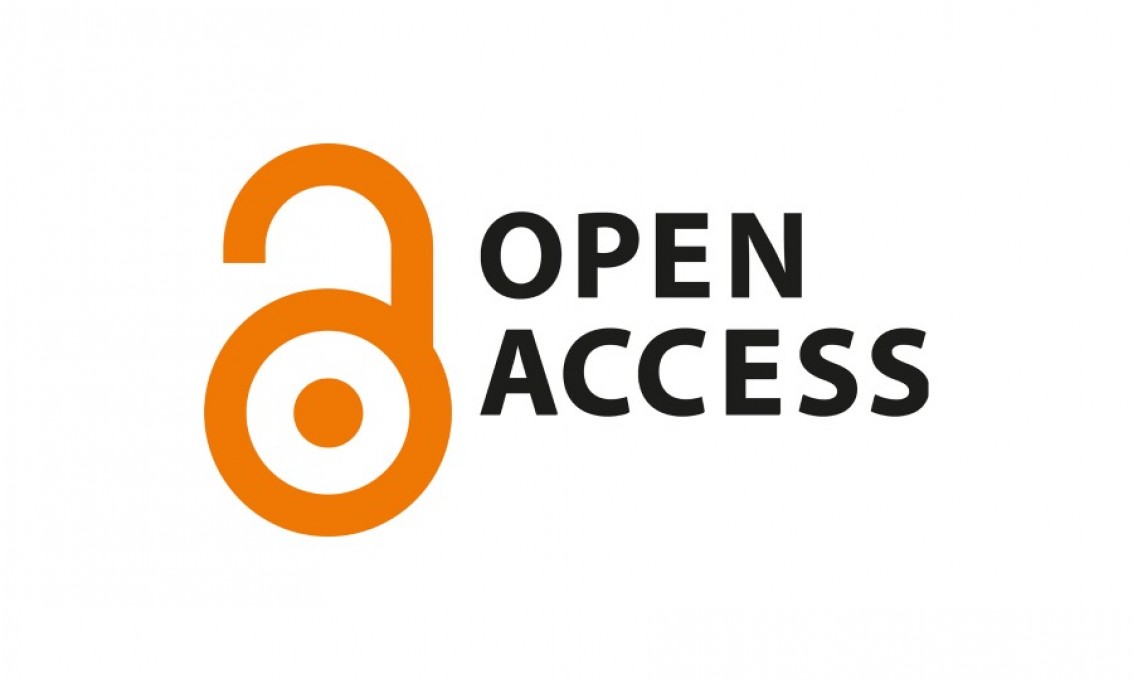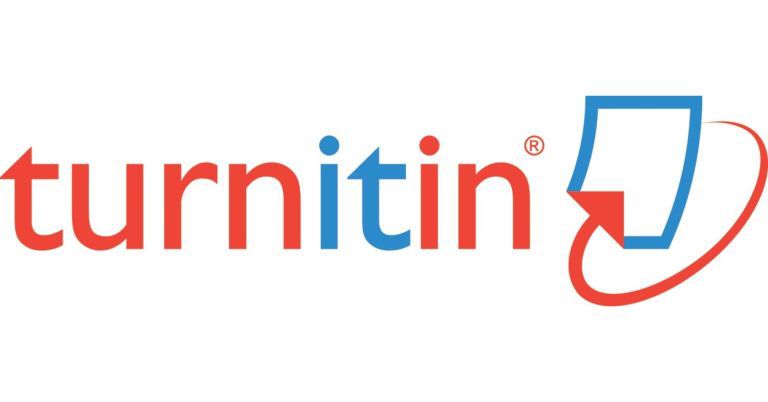The use of the Generative Learning Model and its impact on developing deductive thinking and academic achievement in the subject of Measurement and Evaluation for students in the Department of Physical Education and Sports Sciences
Keywords:
Generative Learning Model, Deductive Thinking, Academic AchievementAbstract
The mind and thinking play a significant role in an individual’s life. Through them, one can adapt to the ever-changing and fast-paced rhythms of modern times. Therefore, there is an urgent need to improve the way students think, and the development of their intellectual abilities has become a crucial requirement in contemporary education. It is essential to train students in thinking skills so that they can actively engage with the challenges of today’s world and solve its problems, aiming to enhance the well-being of their community.
Contemporary learning must focus on utilizing mental processes among students to make their learning more efficient and capable of addressing real-life issues. When students use their minds to recognize relationships between pieces of information or adopt analytical steps to find solutions in an organized manner, they reach a level of thinking called deductive thinking. This type of thinking involves discovering the relationships and systems that link information together. It connects causes to effects and requires individuals to use higher mental processes (understanding, differentiation, analysis, criticism, and deduction).
Thus, it is crucial to develop deductive thinking in students as a fundamental goal of teaching measurement and evaluation. It aims to assist students in applying the information and knowledge provided to solve problems they encounter in everyday situations. It also helps them derive new information from available data, as well as identify correct and useful information. Training students to study deductive thinking enables them to learn independently, thereby increasing their confidence in their abilities and their vitality and effectiveness in different educational settings. Moreover, enhancing their reasoning skills is an essential tool that aids them in innovation, applying knowledge, and solving real-life problems.
References
Amina Al-Karim Abu Zaid (2003): The Effect of Prior Knowledge and Scientific Reasoning on Academic Achievement and Learning Processes Using the Constructivist Learning Model in Teaching Biology to Secondary School Students in Yemen, Unpublished PhD Dissertation, Faculty of Girls, Cairo: Ain Shams University, 2003, p. 38.
Hassan Mohamed Khalifa: The Effect of Using the Constructivist Learning Model in Teaching Electrical Technology on Academic Achievement, Retention of Learning Outcomes, and the Development of Deductive Thinking in Second-Year Industrial Secondary School Students, First Scientific Conference (Education and Development in New Societies), Assiut University, Egypt, 2006, p. 228.
Ibada Ahmed Ibada Al-Khouli: The Effectiveness of Teaching with the Generative Learning Model in Correcting Alternative Conceptions of Some Electrical Concepts and Developing Positive Attitudes Toward Electrical Science, Scientific Conference (Horizons of Educational Reform and the Development of Egyptian Education), Tanta University, Egypt, 2004, pp. 463-504.
Medhat Mohamed Hassan Saleh: The Effect of Using the Generative Learning Model in Developing Learning Processes and Academic Achievement in Physics Among First-Year Secondary Students in Saudi Arabia, 21st Scientific Conference (Curriculum Development Between Authenticity and Modernity), Ain Shams University, Cairo, 2009, pp. 315-373.
Ali Huweishil Al-Sheaily & Ali Salem Al-Ghafri: The Effectiveness of Using the Constructivist Learning Model in Chemistry Achievement of Secondary School Students in Oman, The Educational Journal, Vol. 20, Issue 78, 2006, pp. 315-373.
Medhat Mohamed Hassan Saleh: The Effectiveness of Using Marzano's Learning Dimensions Model in Developing Deductive Thinking, Academic Achievement, and Attitudes Toward Science Among First-Year Middle School Students in Saudi Arabia, Journal of Scientific Education, Faculty of Education, Ain Shams University, Vol. 12, Issue 1, 2009, pp. 73-128.
Sahar Mohamed Abdel Karim: The Effectiveness of Teaching According to Piaget’s and Vygotsky’s Theories on Achieving Some Physical Concepts and the Ability for Formal Deductive Thinking in First-Year Secondary School Female Students, Fourth Scientific Conference (Scientific Education for All), Cairo, Ain Shams University, 2000, pp. 203-235.
Azou Ismail Afana: The Effect of Using the Constructivist Model in Teaching Mathematics on the Development and Retention of Systemic Thinking Skills Among Seventh-Grade Students in Gaza, Unpublished Master's Thesis, Faculty of Education, Islamic University: Gaza, 2006.
Khalid Khalil Alwan: Thinking and Its Development in Light of the Quran, Unpublished Master's Thesis, Faculty of Islamic Studies, An-Najah National University, Jerusalem, 2009.
Ghassan Youssef Qeteit: Strategies for Developing Higher Thinking Skills, 1st Edition, Amman, Dar Al-Thaqafa, 2007, p. 31.
Downloads
Published
Issue
Section
License
Copyright (c) 2024 Modern Sport

This work is licensed under a Creative Commons Attribution 4.0 International License.















